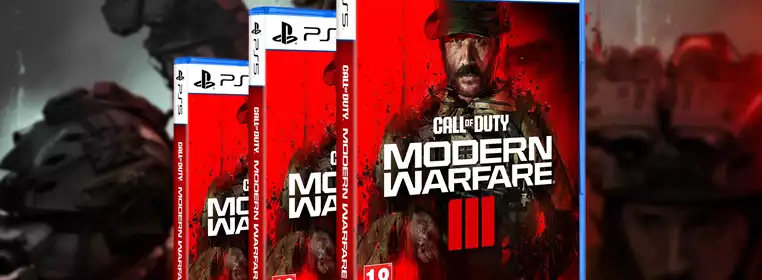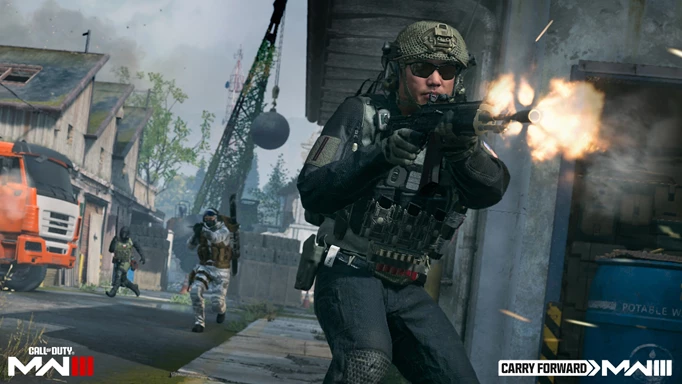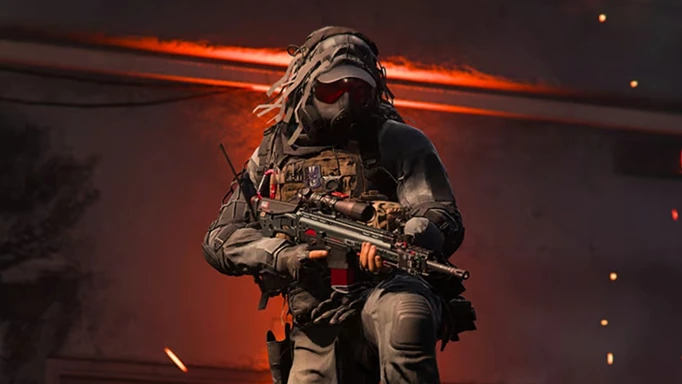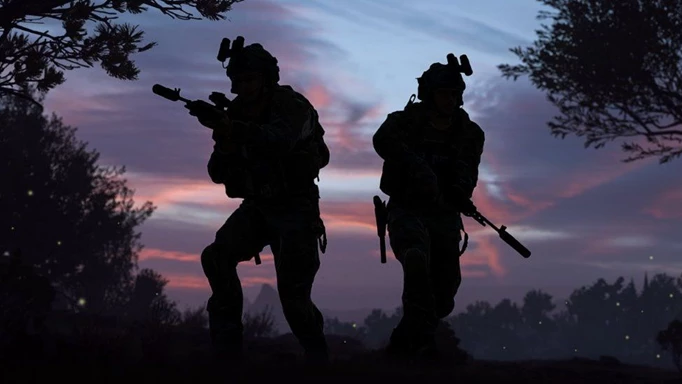Call of Duty’s storage is out of hand, but what can be done?

There are a few constants in modern Call of Duty titles, no matter what shape they come in - after all, the franchise’s evolution into the current live-service model has made for a lot of change from the nostalgia-fest that the early titles garner, so there has to be something that sticks for players to ground them in the fact that it actually is Call of Duty in the first place.
The series has experienced shifts in multiplayer from players ripping each other to shreds in Xbox Live lobbies to banding together to pull out a win in Warzone. This is also true for the campaign and Zombies modes have faced changes to their genetic makeup, truly flipping them on their heads without fans noticing the incremental changes with each annual title.
One thing that has crept into the franchise more and more with each passing year, though, is the sacrifice that players have to make when they actually choose to install the game. It has been a point of frustration for fans for a very long time - and now, it has reached a whole new height.
Call of Duty’s storage space problems have never been worse

 Click to enlarge
Click to enlargeIf you’ve been eager to jump into Modern Warfare III on release day in spite of critical slatings (more power to you), then you’ll likely have to run into the confusion that comes with installing a Call of Duty game in 2023.
Every Call of Duty title since Black Ops: Cold War has been interconnected via the CoD HQ, which is practically a starting screen that advertises all of modern Call of Duty, which means it’ll likely be your jumping-off point in installing the game. Once you’ve got that (and presumably either Modern Warfare II or Warzone - or even both), you’ll have to dedicate the space on your console of choice - which on PlayStation 5, will come to a monstrous 234.9GB according to claims by IGN. That’s being generous, too, as claims point towards the fact that the game itself is only a fraction of that, with the rest of it belonging to the HQ itself.
Granted that this contains the game’s campaign, multiplayer and Zombies modes, the blow is slightly dampened, but the fact that players are having to set aside such gigantic file sizes just to account for one franchise is pretty appalling.
It’s fair enough to suggest that the sharp visuals of Modern Warfare III would require at least something substantial when it comes to file size, but when considering the same sharp visuals of games with far larger worlds and demands, like Ghost of Tsushima Director’s Cut (60GB), Horizon Forbidden West (90GB) and even this year’s Spider-Man 2 (86GB), it becomes clear that there really is no excuse.
Call of Duty expects too much of its fans

 Click to enlarge
Click to enlargeModern Warfare II may have beaten out its sequel with 151.4 GB in required space, but when Call of Duty is trying to advertise each of its games in CoD HQ and expects you to lap up all the titles they’ve produced and are advertising on both the core page and the quiet Legacy tab, you’d own every game from Black Ops: Cold War to Modern Warfare III. When bringing into consideration some file size reductions back in 2021, and the still hugely inflated file size of Black Ops: Cold War, you’d need an estimated 872.53GB to play everything. The average PS5 console features only 667GB to dedicate to game space. It’s literally unworkable to play modern Call of Duty in its entirety on a single console, as it demands 130.8% of your storage space.
It’s frustrating because the technology to compress these games exists - hell, Call of Duty themselves put it to use back in 2021 as it shaved file 33GB from its then-biggest titles. Games that boast hugely demanding open-worlds, smart AI and constantly moving assets demand less than this, so why are we putting up with the fact that the franchise, looked after for another year by Sledgehammer Games, is seemingly refusing to compress its games?
Perhaps there are concerns that Call of Duty is failing to justify its massive cost year after year with little to show for it in-game, concerned that any risk of compressing visuals or finding bugs won’t help them to turn out a new game annually, something that the series has been criticised for decades at this point. There’s also the lack of meaningful kickback from fans, as they can complain all they like on Reddit, but that isn’t an impact made to the wallets of the series’ developers. Players accept that it’s a sacrifice they simply have to make every time a new Call of Duty game rolls around, deleting games they’re still playing to accommodate it.
While fans accept it’s not a big enough deal to keep them from buying the game, the problem continues and even worsens as the CoD HQ pages keep urging players to install the three most recent games, that demand hundreds of gigabytes from players alone.
Call of Duty needs to pack it up, literally

 Click to enlarge
Click to enlargeIt’s a frustrating trend that has remained a quiet issue for all too long. Fans have always known that these issues are present, but it’s far easier for them to just delete their games and bite the bullet than make a stink about it that Activision Blizzard will hear - especially as the alternative is a quiet boycott, stripping them of access to the game.
Fans have felt the worst of it, and as there’s a chance that it gets worse from here, a solution has to appear before Call of Duty takes its flippancy with its lack of compression as a presumption that the sea of your storage space will part for it every time. After all, if you can’t even dedicate your storage space to the franchise alone, it sucks for them, too.
